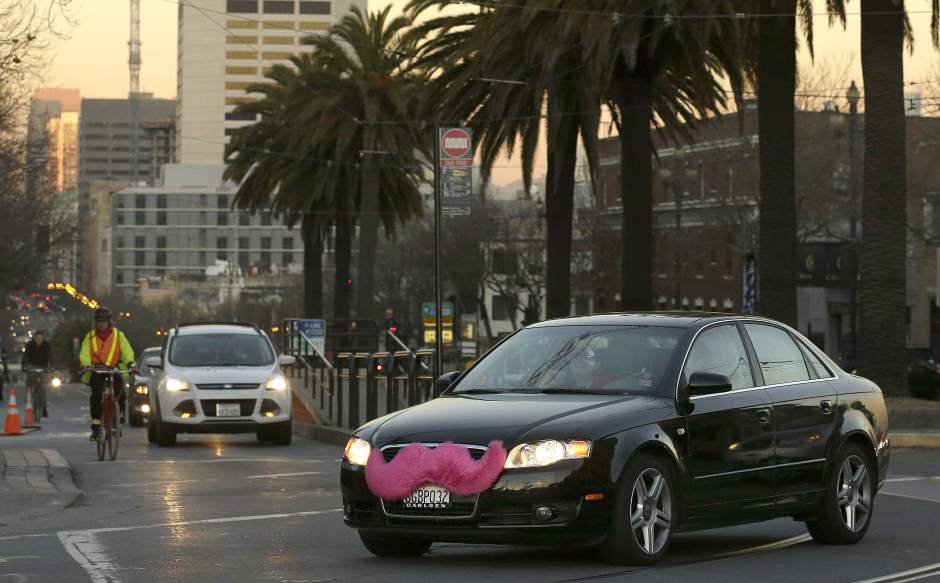Taxis vs. ridesharing: The PUC's existing criteria are too restrictive
Will ridesharing — the transportation model in which prospective riders arrange for trips via smartphone on prepaid accounts with drivers who operate their own vehicles — revolutionize what many view as a moribund taxicab market? It is a question that many in Pittsburgh and around the country are asking.
There are many complex layers to the issue in Pittsburgh. Mayor Bill Peduto favors ridesharing. But city government plays no role in regulating, licensing or permitting taxicabs. That responsibility falls to the state Public Utility Commission (PUC), which was given the power by the General Assembly through state statutes to grant certificates of public convenience for common carriers like taxis; the PUC “may impose such conditions as it may deem to be just and reasonable.”
The incumbent cab companies are not happy; they want the ridesharing companies to play by the existing rules. They asked the mayor to authorize Pittsburgh police to cite non-PUC-authorized vehicles; one noted that it would have a smartphone application to make its operations more customer friendly.
The PUC says that if drivers are compensated, there needs to be a commercial license. At least one ridesharing company said it did not need one because it does not fit the criteria of a taxicab company. The PUC chairman noted it is in a “regulatory quandary” but also noted existing cab companies “can't expect to have exclusive territorial rights anymore.” Clearly, a lot needs to be sorted out, starting with how the PUC treats the ridesharing concept.
While it is deliberating on that matter, it would be worthwhile to take a close look at the criteria the PUC utilizes for approving common carriers like taxicabs and, possibly, ridesharing. These are expressed as a “statement of policy” under Title 52 of the Pennsylvania Code. The policy statement is not law, nor is it a formal regulation, and it can be altered by PUC action.
Now, the ridesharing companies would argue that since they are not really taxicabs or common carriers per se, they should not have to live by the criteria. The incumbent cab companies disagree. Short of a new set of regulations that would apply to ridesharing operations, it is reasonable to say some of the criteria — such as showing financial wherewithal — are acceptable and should be continued. However, other criteria — such as proving “a useful public purpose,” being “responsive to a demand or need” and showing other service would not “endanger or impair the operations of existing common carriers” — do not serve any purpose other than to shield existing carriers from competition and restrict the supply of taxicabs.
Having to prove that the business is needed and that it would be to the detriment of businesses already in place are inconsistent with the free market or good public policy.
In 2001, limousines were exempted from having to follow those criteria by a decision of the PUC (and affirmed by the state Supreme Court in 2003). In deciding to lift the application of those criteria, the PUC noted “in this era of increasing utility competition, it is difficult to justify the continuation of onerous entry restrictions which potential limousine service providers must overcome.” If limousine companies don't have to prove that their business is needed or that they would harm existing business, why should ridesharing services?
Extending that point out further, if the PUC were to create a new set of ridesharing regulations and kept the “proof of need” criteria in place for that class of carriers, we could one day see the current “cutting edge” companies trying to use the power of regulations to keep out new players, arguing that there is “no more room” for competition. That would be a wholly undesirable effect and one that can be eliminated.
The PUC has wide authority to revise and amend its policy statement. Time is long past for changes that favor freer entry. But now is a particularly good time for the PUC to begin the process of opening up the licensing requirements. Forcing an applicant for a cab license to prove there is a need for the service is the very first of the current requirements that must go.
Eric Montarti is senior policy analyst with the Allegheny Institute for Public Policy.

